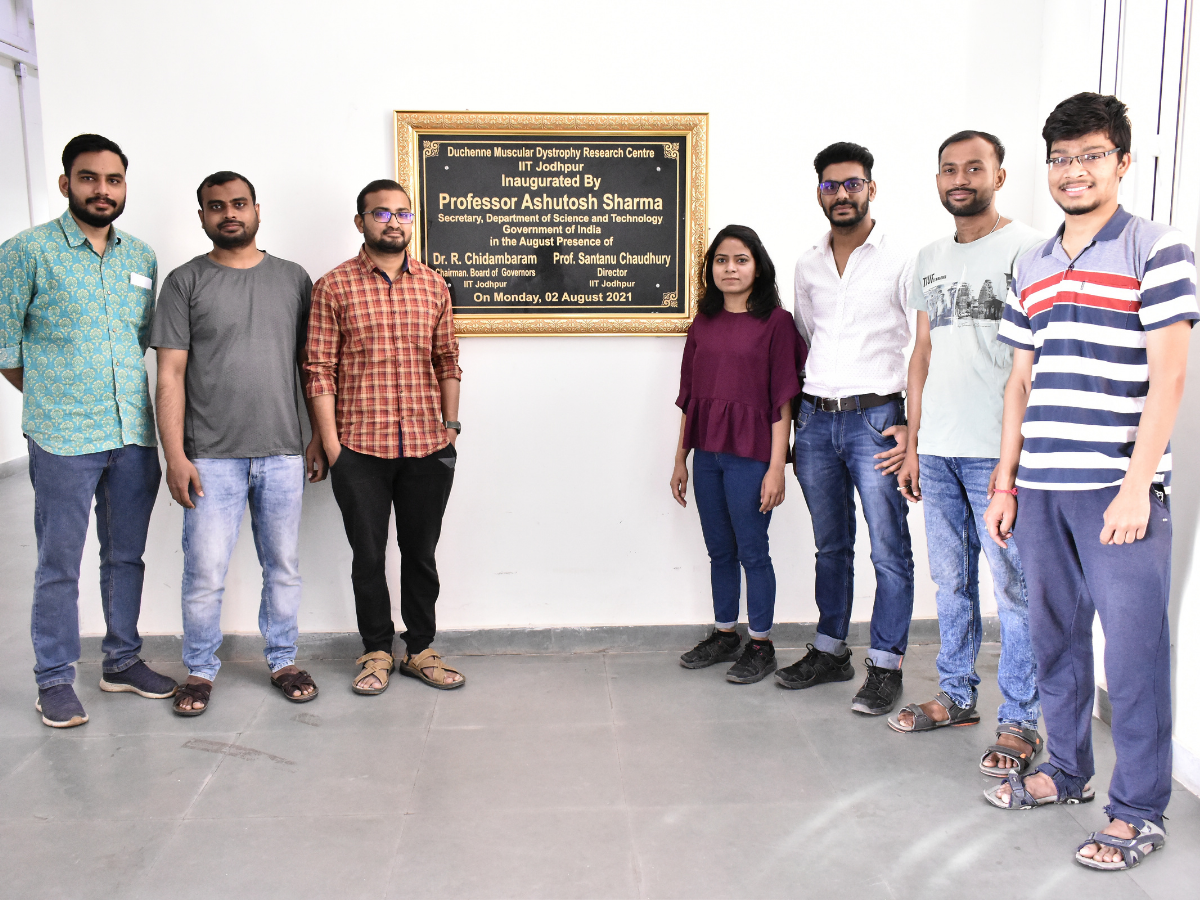Acute Interstitial nephritis or AIN is one of the factors that can lead to permanent kidney damage in the form of kidney failure. This may make patients require dialysis or even a transplant. AIN is induced by drug therapy. Autoimmune disorders or other systemic diseases (systemic lupus erythematosus [SLE], Sjögren’s syndrome, sarcoidosis) can also be the reason behind AIN. It is the need of the hour to monitor renal function from time to time to spot any abnormalities and initiate a quick action plan.
One of the important functions of the kidney is to filter the blood and eliminate waste from the body. But, having detected with Acute Interstitial nephritis (AIN) will hamper the smooth functioning of the kidneys, said Dr Sanjay Nagarkar, General Physician, Apollo Spectra Pune. “Acute Interstitial nephritis (AIN) is a kidney condition that occurs due to the swelling in between the kidney tubules. This condition can be suddenly seen and is there for the long term. The causes of it are using antibiotics, nonsteroidal anti-inflammatory drugs (NSAIDs), and even proton pump inhibitors that one takes during heartburn. One using OTC medication and having an autoimmune disease are at a greater risk of suffering from this condition.”
Dr. Nagarkar Added, The symptoms of AIN are fever, blood in urine, vomiting, a rash, fatigue, water retention, swelling, weight gain owing to water retention, bloating, and high blood pressure. Acute interstitial nephritis is an important cause of mild kidney issues or even acute renal failure and one may require to be on dialysis for the entire life. There will be permanent renal insufficiency.”
Dr. Prerna Agarwal, Manger Technical Operation, Apollo Diagnostic, Pune Underscored, A doctor will ask you to opt for a complete blood count, creatinine test, abdominal ultrasound, urinalysis or even kidney biopsy to detect the condition to determine if it is drug-induced and you will immediately be asked to stop taking certain drugs. It will be imperative for each and everyone to go for regular kidney check-ups and follow-ups to ensure that the kidneys are functioning at an optimum level. Neglecting renal health is a strict no-no.
“AIN can be treated with anti-inflammatory medications. Avoid salt can tackle water retention and high blood pressure. Having a low-protein diet may also help to improve kidney function. People who experience kidney failure may need dialysis or kidney transplant,” concluded Dr Nagarkar.











